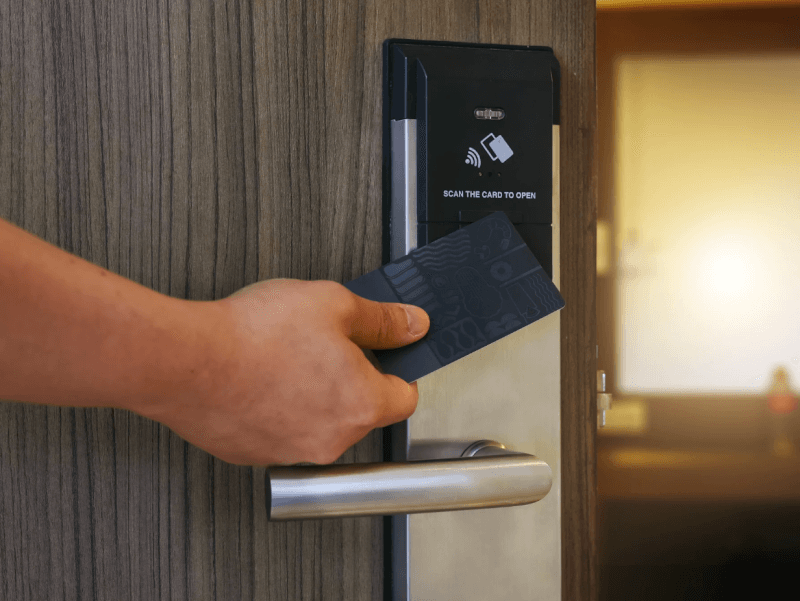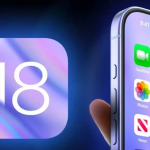Hotels are increasingly moving towards digital keys accessible via smartphone apps like Apple Wallet and Google Wallet, which could eventually make traditional plastic room keys obsolete. This shift is driven by the demand for more convenient and secure options, particularly as concerns around cybersecurity and the spread of germs heightened during the pandemic.
Many hotel chains, including Hilton, have already embraced digital room keys through their apps, allowing guests to bypass the front desk and head straight to their rooms using their smartphones. At properties like The Harpeth Hotel in Tennessee, part of the Hilton portfolio, guests can use their phones not only for check-in but also as their room key stored in their Apple or Google Wallet. This convenience factor is seen as a major advantage over the traditional plastic key cards.
However, despite the push for digital keys, plastic room keys are still widely used. Data from J.D. Power indicates that only a small percentage of hotel guests currently use digital keys, even among those who have the hotel’s app on their phones. Many guests continue to prefer the simplicity and familiarity of plastic key cards.
While digital keys are touted for their convenience, they are not without security risks. Lee Clark from the Retail and Hospitality Information Sharing and Analysis Center notes that digital systems introduce new potential vulnerabilities that hotels must manage carefully. These could be mitigated with additional security measures like multifactor authentication, though these may add steps that some guests find inconvenient.
In addition, the transition to digital key systems involves significant costs, from new equipment to ongoing maintenance and security. This financial burden means not all hotels will rush to replace plastic keys with digital options. As Andrea Stokes of J.D. Power points out, many hotels have yet to install the necessary digital entry locks, though some major chains are starting to require them as part of updated standards.
Cybersecurity experts like Chad Spensky of Allthenticate suggest that while digital keys offer a more user-friendly experience, their security benefits over plastic cards are marginal. The real advantage of digital keys lies in their ease of use and the ability to update security settings remotely in response to potential threats.
Despite the slow adoption, the industry trend is clear: digital keys are becoming more common. However, the plastic key card is far from becoming obsolete. RFID technology, a newer form of the plastic key, still offers a reliable, easy-to-use option that many guests prefer. Moreover, some guests may always opt for a physical key due to concerns over digital security or personal preference.
Professor Mehmet Erdem from the University of Las Vegas emphasizes that no system is foolproof, and people shouldn’t assume digital keys are invulnerable to hacking. He argues that the appeal of digital keys comes down to convenience and the evolving habits of consumers, who rarely forget their phones but might leave behind a plastic card.
Ultimately, while hotels are moving towards digital options, the coexistence of both digital and plastic keys is likely to continue for the foreseeable future, catering to varying guest preferences and security concerns.





